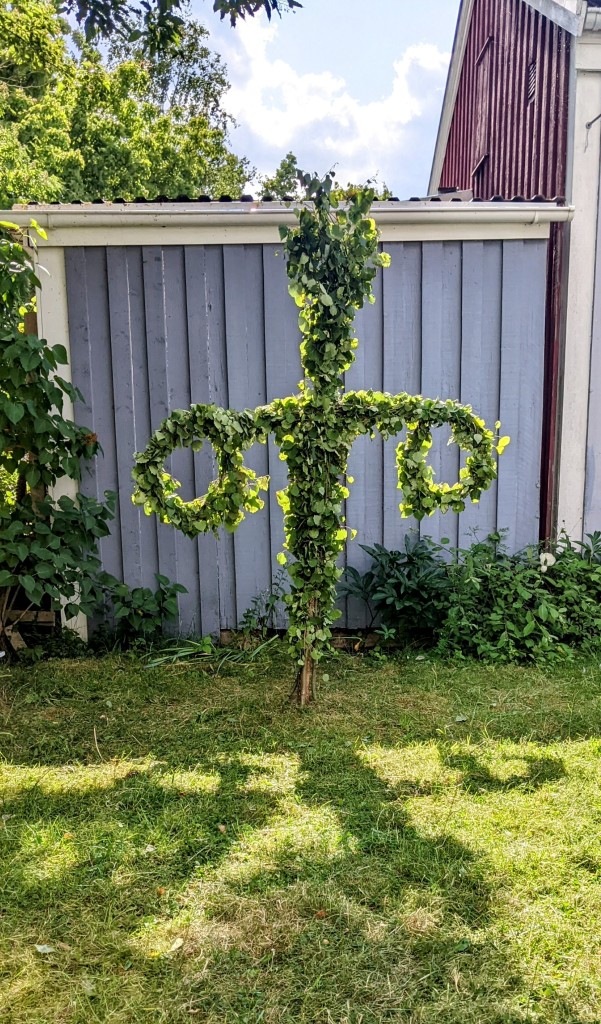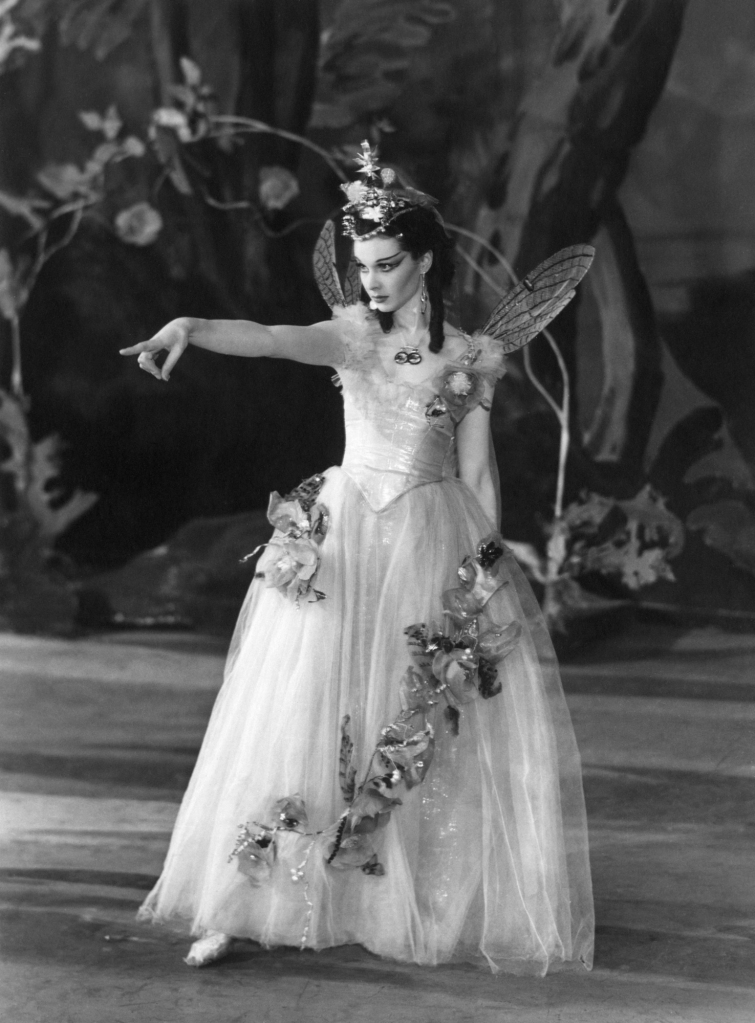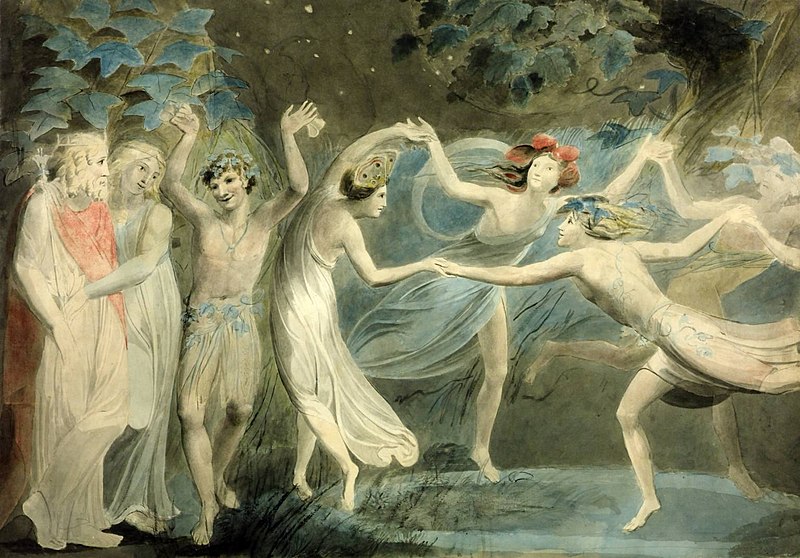When I’m among music that holds me late
Dawdling through dance delights
I dream of a firelit inglenook
With candles burning straight
A yellow blaze of lights
Of glowing stars and kindly booksWith living pictures in the gloom
A woman’s heart turns back from stone
Liberated in that small cozy room
Heartbeats start again as imagination is seen and sewnAs if I’m alone in garden nights
©RedCat
With elm trees nodding at my thoughts
In my mind’s eye I see these sights
Like inkblots over crowded nightspots
I really should be going to bed. Instead I could not keep myself from writing. For weeks now comparative literature has kept me mired in lyric poetry. From Sapfo to the postmodernist, without having any time to write all that they inspire in me. So this prompt just lit a spark that refused to be ignored.
Poetics at dVerse tonight is called, Dead Poets Society. Our gracious host mentions a BBC Maestro poetry course, written by Carol Ann Duffy. Who she quotes:
“dead poets speak to us across time through their poems,
and they particularly speak to other poets”,
adding “who often choose to respond across time”.
The task is to read three poems, choose one, and respond to it. My writing itch was tickled by – When I’m among a Blaze of Lights by Siegfried Sassoon 1886 (Matfield, Kent) – 1967 (Heytesbury, Wiltshire)
Image credits:
Photo by Taylor Wright on Unsplash
Photo by Emil Widlund on Unsplash


























